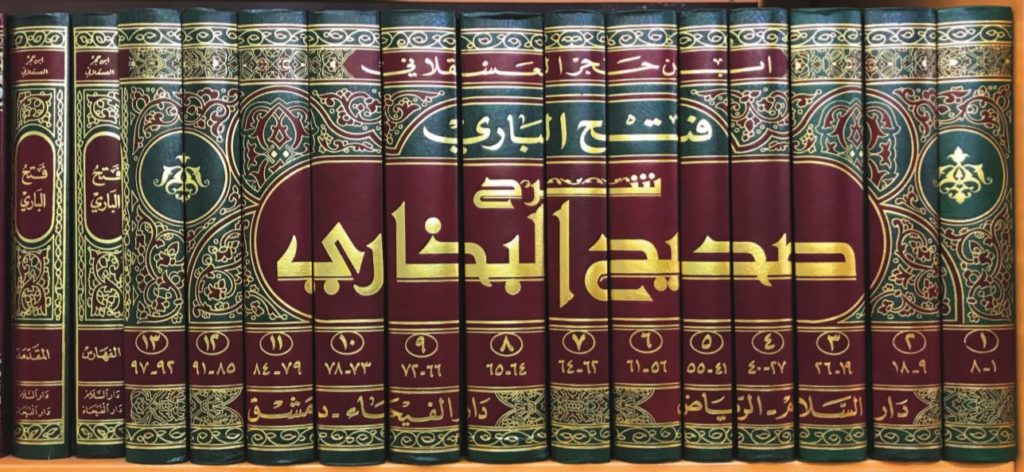Hazrat Mir Muhammad Ishaqra

Ignorant opponents of Islam raise objections against the hadith in which the Holy Prophet, peace and blessings be upon him, said that the dwellers of paradise will be those who:
ھُمُ الَّذِیْنَ لَا یَسْتَرْقُوْنَ وَلَا یَتَطَیَّرُوْنَ
Which means that they will not use or believe in lucky charms or bad omens.
Opponents say that charms are very beneficial worldly means and should be used and question why they would be prohibited.
The reality is that amulets, or charms, are not useful and helpful means; they are mere superstition. The Shariah [Islamic law] does not prohibit using worldly means while also acknowledging that core trust and reliance should be placed in God Almighty above any other means. After trust has been placed in God, worldly means can be used but not amulets, bad omens or superstition.
It is clear from the Holy Quran that the disbelievers are those who take bad omens:
اِنَّا تَطَیَّرْنَا بِکُمْ
(They [disbelievers] said, ‘Surely we augur evil fortune from you…”)
In this manner, Islam prohibits erroneous superstitions and useless worldly means. On the other hand, making use of the proper means to counteract illnesses has neither been prohibited by God Almighty, nor his Prophet, peace and blessings of Allah be upon him.
In fact, the Holy Prophetsa clearly instructed the following:
تَدَاوَوْا
(Treat illnesses.)
However, this does not mean that if someone falls ill, they immediately go and consume some sand from a particular place (as a lucky charm) or they approach a tree in the morning and “give” the illness to the tree, as people practice this. If this is not delusion, then what is?
There are numerous and diverse superstitions found amongst different peoples and areas. Calling such superstitions legitimate worldly means is an insult to the law of nature and disrespectful to the world of medicine.
Using true and proper worldly means is not only allowed but is stressed upon by Allah the Almighty and his Prophet, peace and blessings of Allah be upon him. In turn, they have prohibited from erroneous and delusional superstitions and have labelled those who use such superstitions as disbelievers and irreligious.
(Originally published in Al Fazl on 22 Febuary 1940 in the form of notes taken by Mahmood Ahmad Khalil Sahib from the lectures on hadith by Hazrat Mir Muhammad Ishaqra, a scholar of hadith and brother-in-law of the Promised Messiahas)


What a nice message 😊